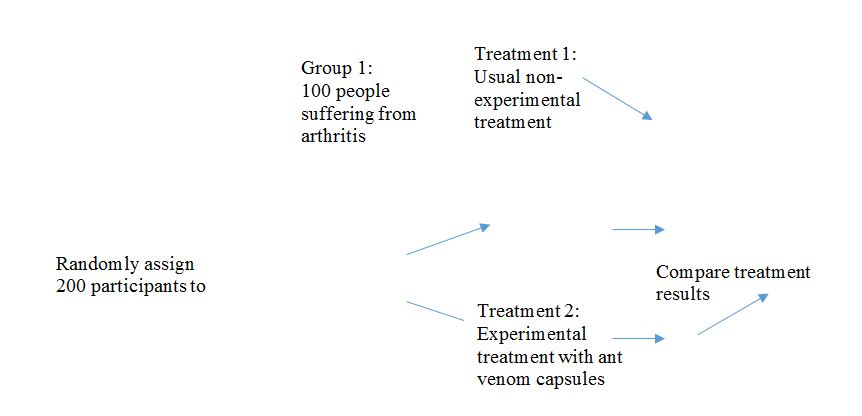The population of interest consisted of American citizens from all 50 states of the USA and the District of Columbia aged 18 and higher. Generally, the population of interest was presented by random 1038 American citizens who are allowed to participate in political processes and changing laws. Therefore, any American citizen who is in the voting age and lives in the United States is the target audience of the research.
The sample was selected randomly; the researchers chose landline telephone numbers randomly among the listed numbers. At the same time, cellphone numbers were chosen by utilizing random-digit-dial methods (Saad 2012). Respondents within a household were selected based on their birthday date; the person with the latest birthday date became the participant.
Each sample consisted of a minimum quota of 400 cellphone respondents and 600 landline respondents per 1000 national adults (Saad 2012). During the research, a total of 1038 adults living in the U.S. were interviewed.
The subjects were contacted via landline telephones and cellular phones. As the respondents were chosen randomly, several interviews were led in Spanish for respondents who primarily speak Spanish.
The survey was conducted in December 2012; the researchers led telephone interviews with U.S. citizens from December 19 to December 22. The analysis of the collected sample was conducted after the interviewing part based on the collected data and official reports from 2011.
The poll reports computed design effects for weighting as margins of sampling error. Moreover, question wrongdoing and diverse practical difficulties faced by conducting surveys can lead to error or bias in the results of opinion polls.
The estimation supports my answer about the margin of error in the section f.

In this experiment, the process of taking ant venom capsules each day for one week will be the explanatory variable, while a lower degree of swelling in the arthritis sufferers is the response variable.
Reference
Saad, Lydia. 2012. “Americans Want Stricter Gun Laws, Still Oppose Bans.” Gallup. Web.